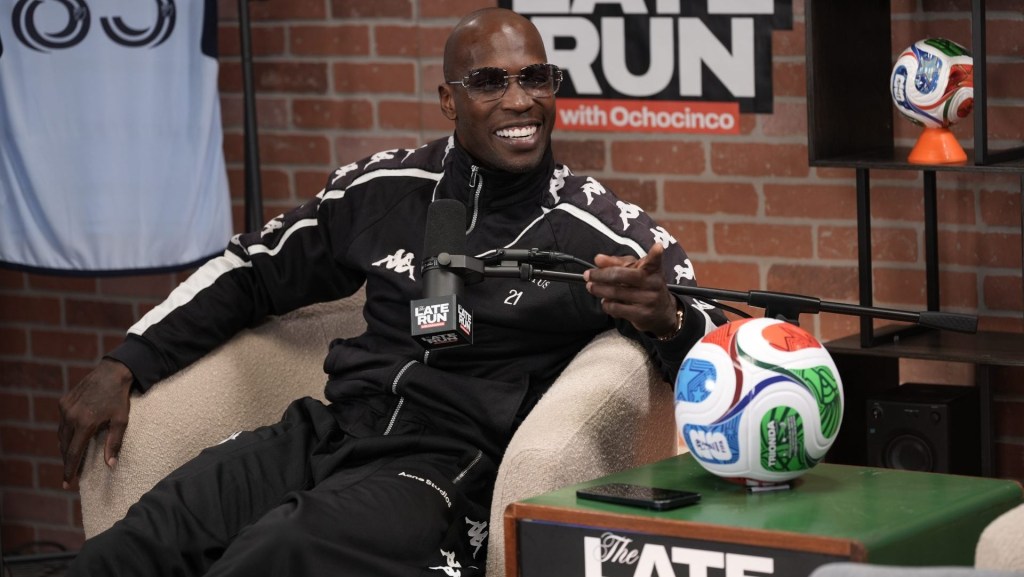The crumbling edifice of regional sports network business is about to lose another pillar.
The Denver-based AT&T SportsNet Rocky Mountain, which airs MLB’s Colorado Rockies, is reportedly set to shut down. Full-time employees are due to stop work on Oct. 6, and the network will fully shutter around the end of the year.
The decision isn’t exactly surprising. Network owner Warner Bros. Discovery Sports has long sought to exit the RSN business, has already sold what will become SportsNet Pittsburgh, and is potentially close to a similar deal in Houston for AT&T SportsNet Southwest.
But the development leaves significant questions, both locally and for the industry at large.
The Rockies must decide what to do for 2024 and beyond, and their leading choices are to align with MLB to produce and distribute games — similar to what the league is now doing in Arizona and San Diego — or sign with the Stan Kroenke-owned Altitude, which already airs the NBA’s Nuggets, NHL’s Avalanche, and NLL’s Mammoth.
The latter option, however, will bring a distribution issue: Altitude has been dark on Denver-area Comcast systems since 2019 amid a bitter carriage dispute.
In a wider sense, the AT&T SportsNet Rocky Mountain situation adds to the ongoing bankruptcy drama surrounding Bally Sports and parent company Diamond Sports Group.
Pittsburgh Deal Done
WBD Sports did find some closure in Pittsburgh with its expected sale of that regional network to Fenway Sports Group, parent of the NHL’s Penguins, MLB’s Boston Red Sox, and Premier League’s Liverpool, among other assets. FSG’s NESN will manage the daily operations of SportsNet Pittsburgh, with the acquisition and rebranding effective Oct. 2.
“Our top priority is to continue to deliver Penguins hockey, creative content tailored to our fans, and other exciting sports coverage of the region,” said Kevin Acklin, the Penguins’ president of business operations.
MLB’s Pittsburgh Pirates will also face a decision not unlike the Rockies’ about whether to stick with SportsNet Pittsburgh or go with the league-operated model.








![[Subscription Customers Only] Jun 15, 2025; Seattle, Washington, USA; Botafogo owner John Textor inside the stadium before the match during a group stage match of the 2025 FIFA Club World Cup at Lumen Field.](https://frontofficesports.com/wp-content/uploads/2026/02/USATSI_26465842_168416386_lowres-scaled.jpg?quality=100&w=1024)








